EU urges commitment to Iran nuclear deal
The EU’s foreign policy chief has hailed the 2015 multilateral nuclear deal with Iran as a “milestone,” which could set a precedent for resolving global issues through diplomacy.
In her annual briefing to the United Nations Security Council on Tuesday, Federica Mogherini underlined the need for all sides to comply with the accord, officially called the Joint Comprehensive Plan of Action (JCPOA).
“The nuclear deal with Iran shows the way forward to us, the Europeans. It set a milestone for non-proliferation,” said the top EU diplomat.
The JCPOA was inked between Iran and the P5+1 group of countries, Russia, China, France, Britain, the US and Germany, in July 2015. The agreement took effect in January 2016.
Under the agreement, limits were put on Iran’s nuclear activities in exchange for, among other things, the removal of all nuclear-related sanctions imposed on the Islamic Republic.
Mogherini’s comments come amid uncertainty over the future of the deal under US President Donald Trump, who has described the deal as “terrible” and pledged to tear it apart.
“World powers negotiated the deal, but the agreement was immediately ratified by the Security Council and the deal now belongs to the entire international community – not only to us who were in that room in Vienna,” Mogherini said.
She further pointed to numerous reports by the International Atomic Energy Agency (IAEA) confirming Iran’s compliance with the JCPOA, saying the European Union backs the full implementation of the deal.

Last week, Mogherini said scrapping the deal would be in the interest of no one and emphasized that the US must have come to understand that fact by now.
Read more:
ٍEU wants political solution to Syria crisis
Elsewhere in her speech, the top EU diplomat expressed the bloc’s resolve to find a political solution to the deadly conflict gripping Syria through intra-Syrian peace talks.
“Peace for Syria can only come from negotiations among the Syrian parties, in [the Swiss city of] Geneva – and I would like to thank once again [UN Special Envoy for Syria] Staffan de Mistura for his incredible work and leadership,” she said.
Representatives from the government in Damascus and opposition groups have held several rounds of talks both in Geneva and the Kazakh capital, Astana, aimed at bringing an end to the Syria crisis, which began in March 2011.
The latest round of the UN-mediated Geneva discussions took place on March 23-31, with the sixth round scheduled for May 16.
EU supports UN bids for Yemen, Libya
Touching on the crisis in Yemen, Mogherini noted that the EU is supporting “peace-building initiatives – but this needs to feed into a UN process.”
Earlier this week, sources close to UN Special Envoy for Yemen Ismail Ould Cheikh Ahmed said that work was underway to launch a new round of peace talks between Yemen’s warring sides during the holy Muslim fasting month of Ramadan.
Mogherini further referred to the conflict in Libya, saying that “a window of opportunity has just opened. We support enormously and we believe that the Libyans must seize this moment, and we are fully behind the UN efforts to bring a political solution to the crisis.”
Recently, the head of Libya’s UN-backed unity government and a rival military commander agreed to find a solution to the country’s six-year-old conflict.
Keep funding UN agencies: EU to US
Mogherini called on the US to keep funding UN agencies and remain committed to the climate change deal.
US President Donald Trump has proposed a reduction in funding for the UN and its agencies, as well as for peacekeeping operations. He has also threatened to quit the global agreement to combat climate change.
“Let me be very clear, and speak directly to our American friends. It is essential for us that we all keep investing in these U.N. agencies. They are as important to global peace and security as defense spending – or even more,” she said.
Jordan sentences former lawmaker for supporting Palestinian resistance
Basij volunteer forces hold massive drills in southwestern Iran
Israeli war criminals 'not welcome', US city says after ICC ruling
US vetoing of Gaza ceasefire resolution ‘disgraceful’: Iran’s UN envoy
VIDEO | IAEA adopts anti-Iran resolution tabled by E3
VIDEO | Iran's president urges Pope to help end Israel's onslaught in Gaza
Iran's senior legal official: ICC arrest warrant for Netanyahu ‘great victory'
Nov. 21: ‘Axis of Resistance’ operations against Israeli occupation



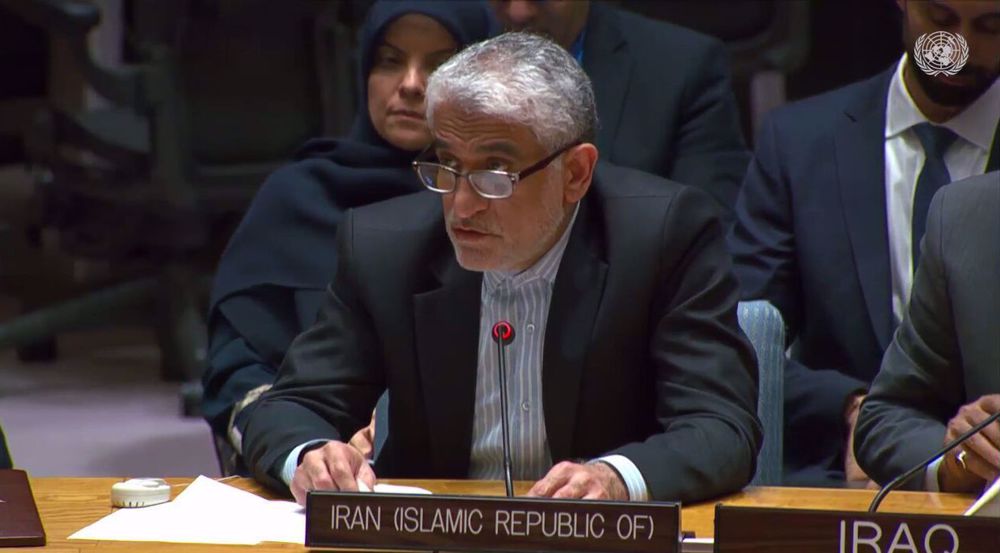
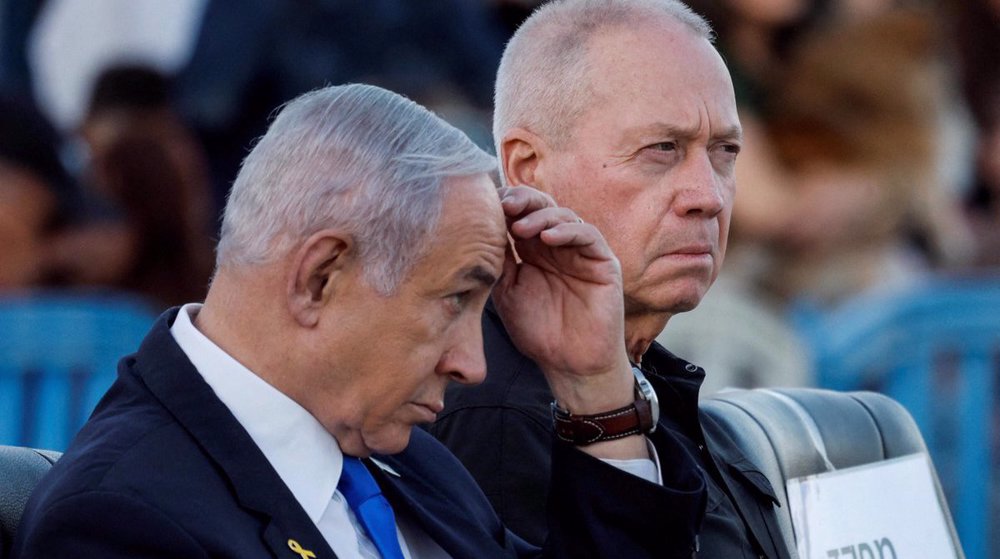
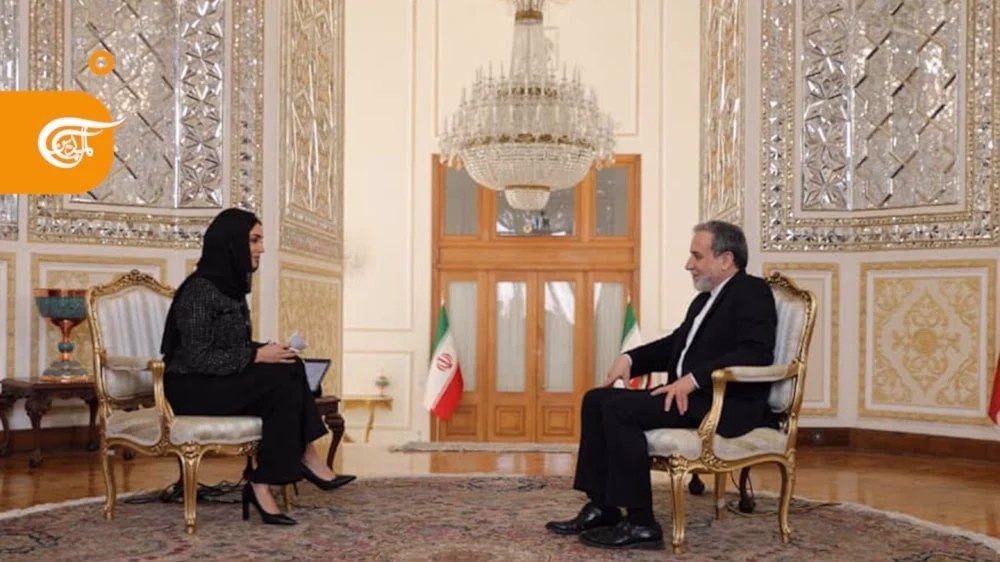





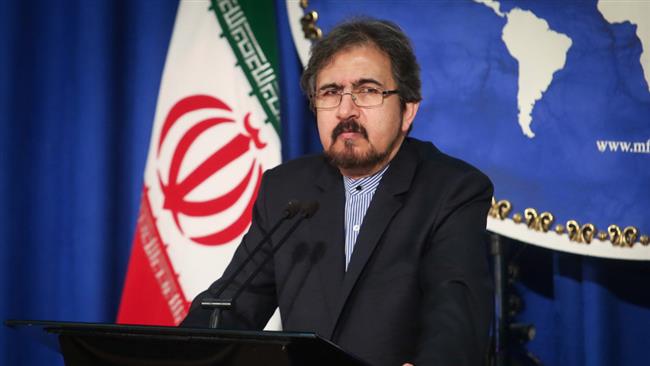
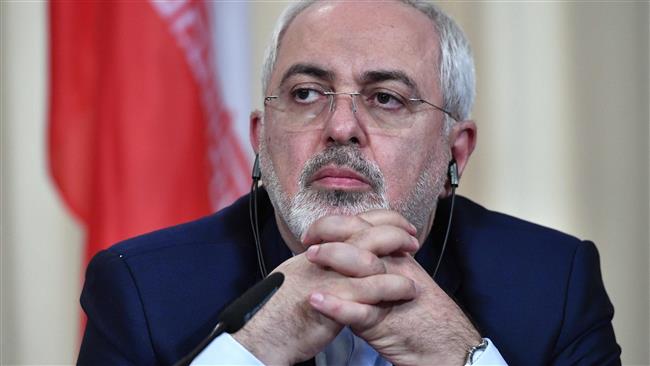
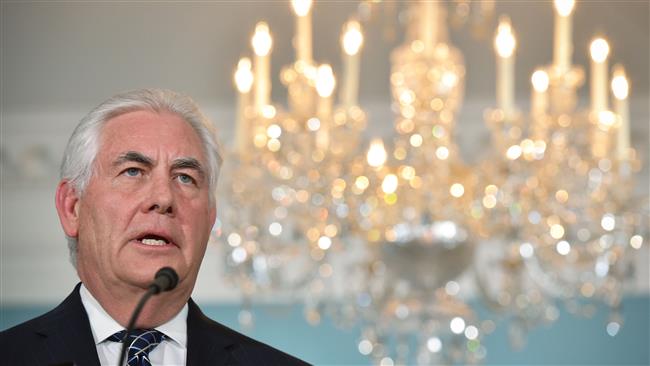
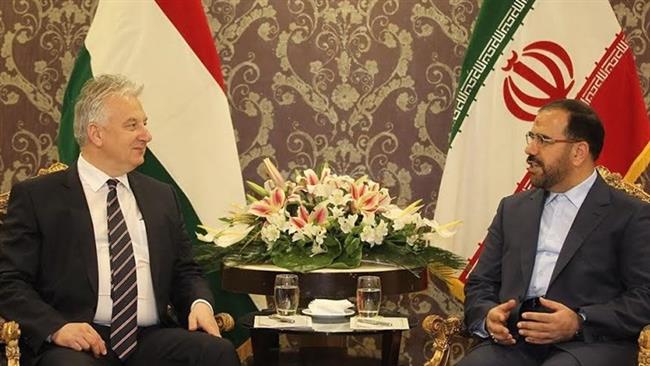

 This makes it easy to access the Press TV website
This makes it easy to access the Press TV website